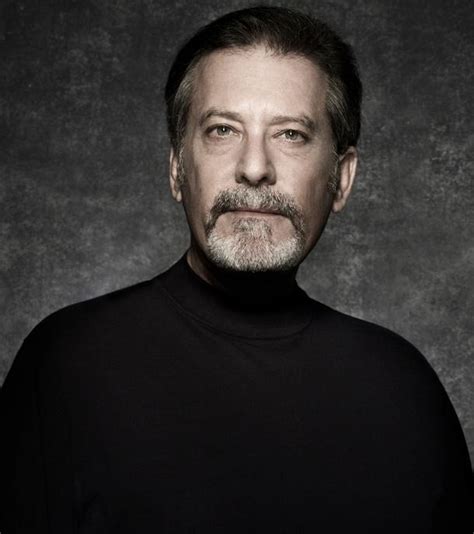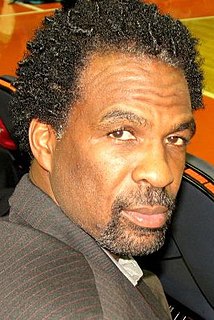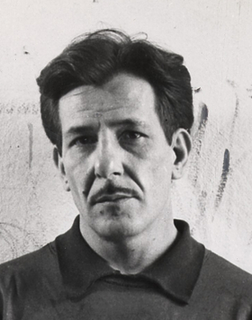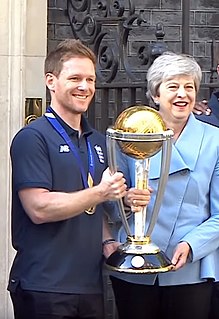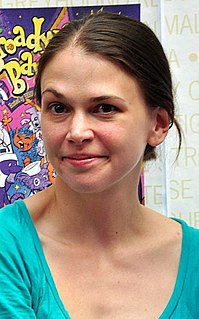A Quote by Jonathan Kellerman
The science of psychotherapy is knowing what to say, the art is knowing when to say it. (36)
Related Quotes
The particular skill that allows you to talk your way out of a murder rap, or convince your professor to move you from the morning to the afternoon section, is what the psychologist Robert Sternberg calls "practical intelligence." To Sternberg, practical intelligence includes things like "knowing what to say to whom, knowing when to say it, and knowing how to say it for for maximum effect.
Wisdom and knowledge can best be understood together. Knowledge is learning, the power of the mind to understand and describe the universe. Wisdom is knowing how to apply knowledge and how not to apply it. Knowledge is knowing what to say; wisdom is knowing whether or not to say it. Knowledge gives answers; wisdom asks questions. Knowledge can be taught, wisdom grows from experience.
Right now you can allow yourself to experience a very simple sense of not knowing - not knowing what or who you are, not knowing what this moment is, not knowing anything. If you give yourself this gift of not knowing and you follow it, a vast spaciousness and mysterious openness dawns within you. Relaxing into not knowing is almost like surrendering into a big, comfortable chair; you just fall into a field of possibility.
My No. 1 piece of advice, especially for someone who's an actor-singer-dancer - a triple threat, they're called! - people say, 'What's the most important?' I always say acting. Without knowing why you're singing or what you're singing about, it's just noise. And without knowing why you're moving your body, it's just flailing of arms.
